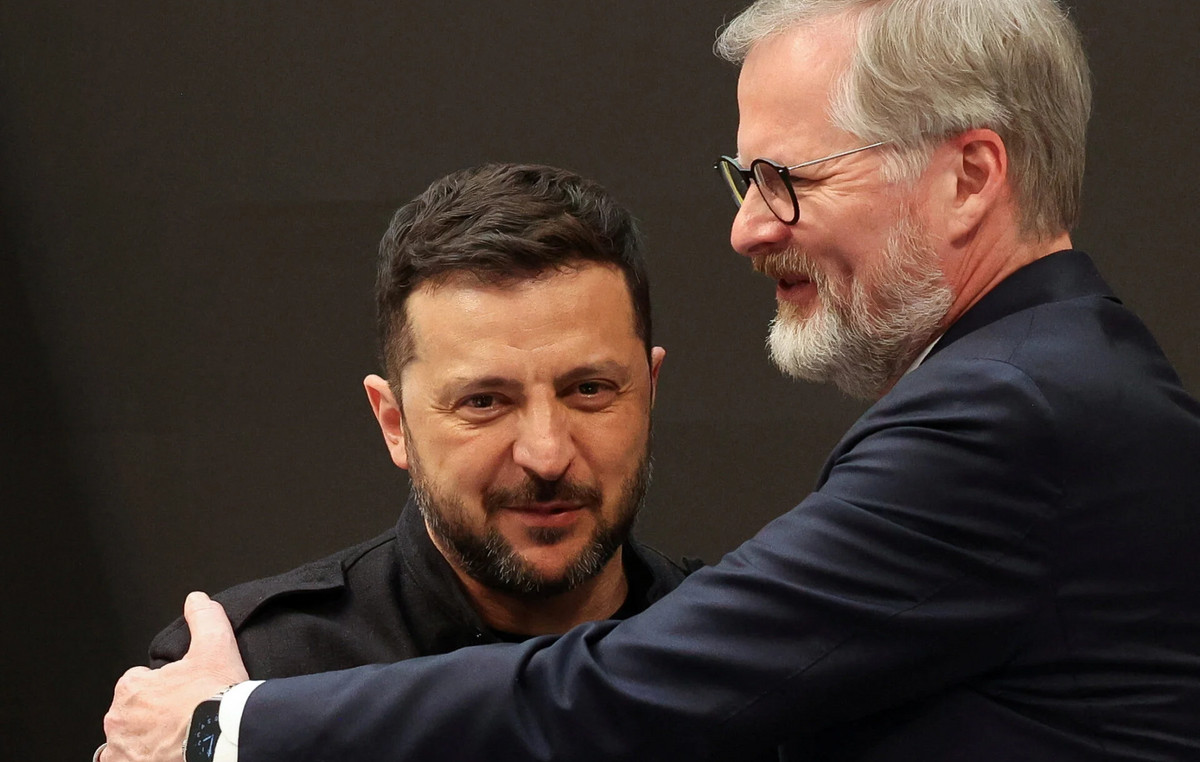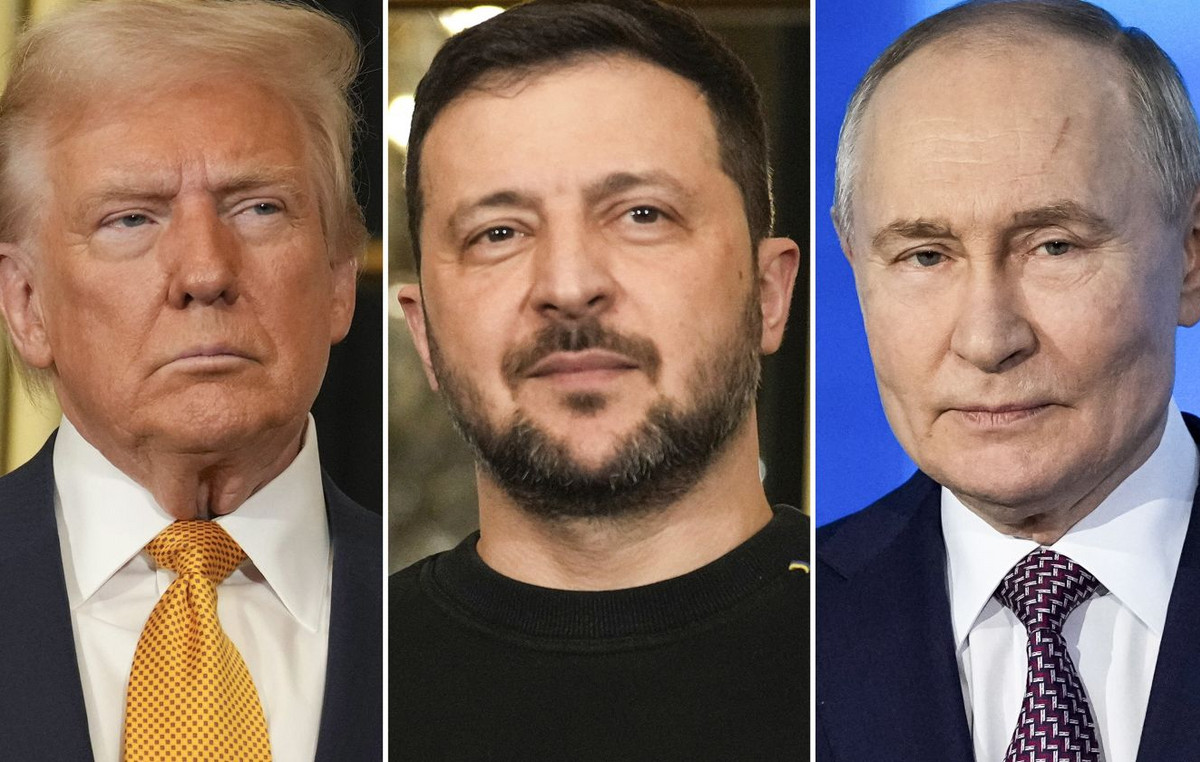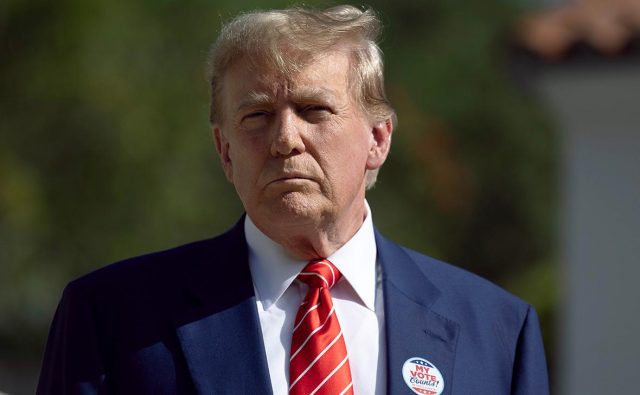Minister Gilmar Mendes of the Federal Supreme Court (STF) overturned, last Tuesday (26), the decision of the São Paulo Court of Justice (TJ-SP) that prevented the implementation of civic-military schools in the state.
The decision responded to a request from the governor of São Paulo, Tarcísio de Freitas (Republicans), in the Direct Action of Unconstitutionality (ADI) and will be taken to the STF plenary. When evaluating the case, the minister considered that the TJ-SP invaded the STF’s jurisdiction by suspending the model.
This occurred because the law that establishes the civic-military education model in the state is questioned by the STF in ADIs 7662 and 7675, proposed by the Socialism and Freedom Party (PSOL) and the Workers’ Party (PT).
Furthermore, Mendes pointed out that the TJ-SP was aware of the actions being processed at the Supreme Court and, even so, handed down the decision, demonstrating direct interference in the Court’s jurisdiction.
For the minister, allowing this attitude would lead to the emptying of the STF’s jurisdiction. “We would be allowing a body jurisdictionally inferior to this Court to frustrate the STF’s own powers,” he stated.
Minister Gilmar Mendes also highlighted that his decision does not involve the merit of the debate on the constitutionality of the model of civic-military schools.
What is the ‘Civico-Military School Program’
Promised by the governor of São Paulo for the 2025 school year, the Civic-Military School Program foresees the conversion of at least 45 schools in the first phase, but was temporarily blocked in August this year by the TJ-SP until the STF decides about the issue.
The program, managed by the Department of Education in partnership with the Department of Public Security, allows the São Paulo government to establish the teaching model in both new and existing units in the public education network in the state. The project encompasses both state and municipal schools.
In the model schools, at least one military police officer, selected via the selection process, will act as a monitor participating in “extracurricular activities of a civic-military nature”.
The teaching model provides for shared management between the military, who will take care of the administration and discipline of the units, and the Education departments, which will be responsible for teaching.
On May 21, 2024, the Legislative Assembly of São Paulo (Alesp) approved the bill that establishes the Civic-Military School Program in the state, with 54 votes in favor and 21 against, in a turbulent session, with the use of police force to detain protesters, assaulted students and arrests.
The program received criticism not only from Tarcísio de Freitas’ opposition, but also among teachers and students. In a document containing the position of the Union of Official Education Teachers of the State of São Paulo, the institution states that the program will be a mirror of the vote on the bill in Alesp in May, with repression of students and a breach of the space of freedom and plurality of ideas in a classroom.
The document also counters the justification that the presence of PMs would increase security in schools, citing the growing number of cases of abuse of authority against students in states that have adopted the model.
*Under supervision
This content was originally published in STF overturns decision that prevented civic-military schools in SP on the CNN Brasil website.
Source: CNN Brasil
I’m James Harper, a highly experienced and accomplished news writer for World Stock Market. I have been writing in the Politics section of the website for over five years, providing readers with up-to-date and insightful information about current events in politics. My work is widely read and respected by many industry professionals as well as laymen.







